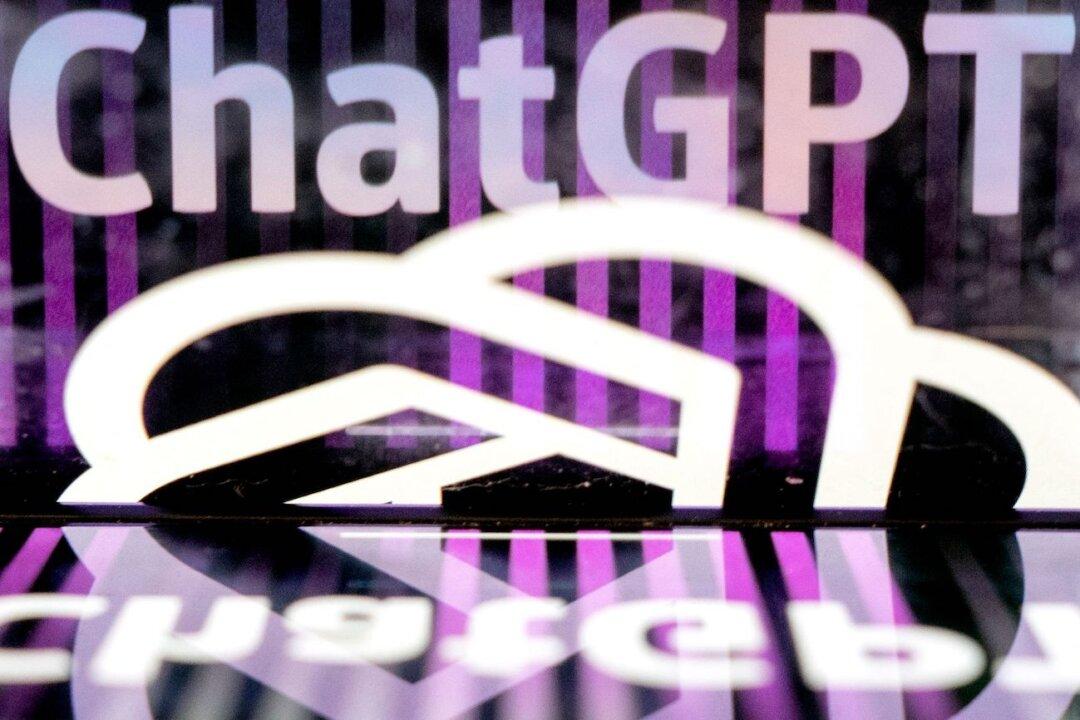Beijing released its draft “Measures to regulate generative AI,” which applies to the content and development of Chinese AI.
Experts see the priority of the regulations as highlighting censorship, which will only restrict the development of Chinese AI chatbots in the global competition in AI technology.




